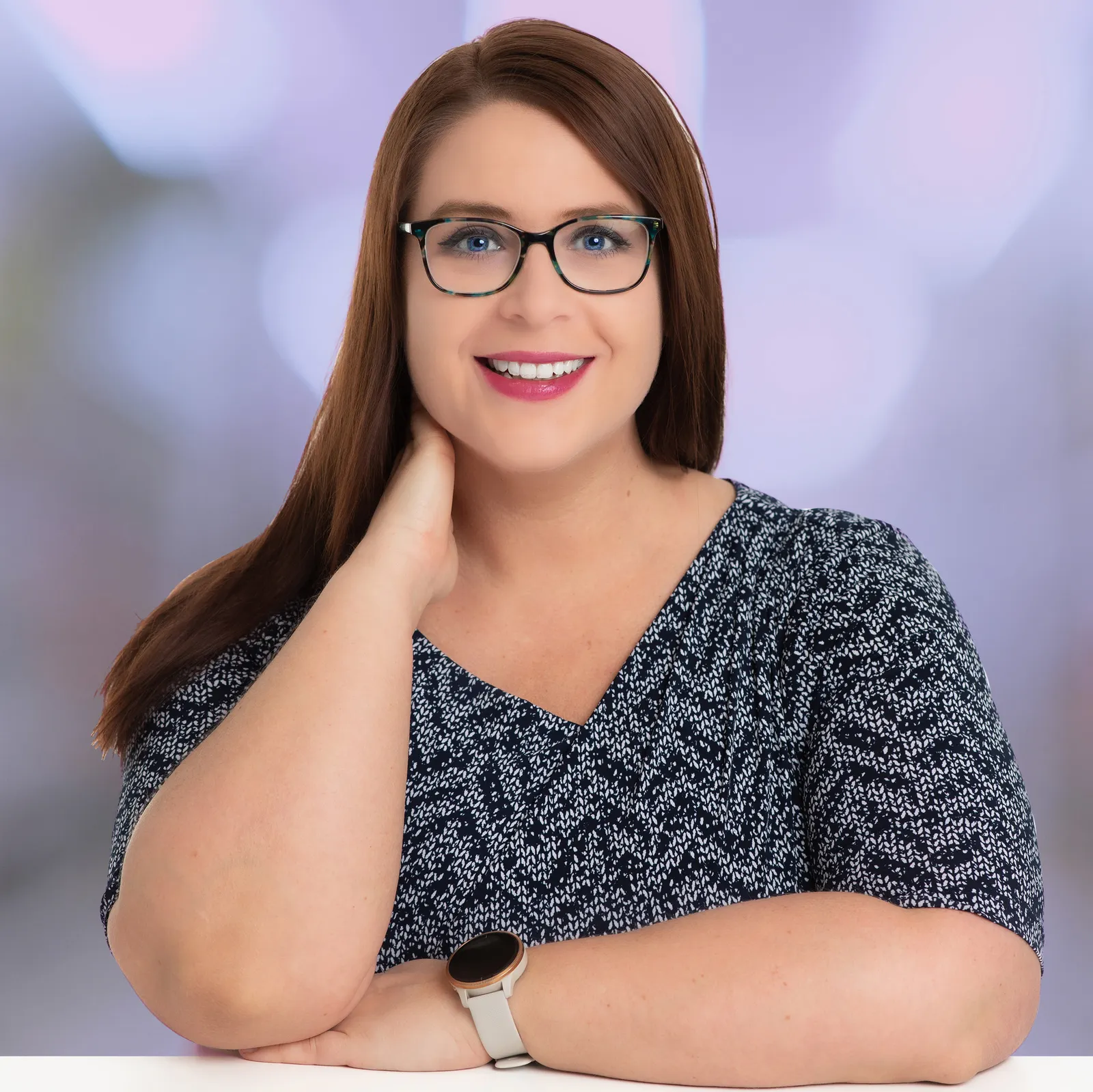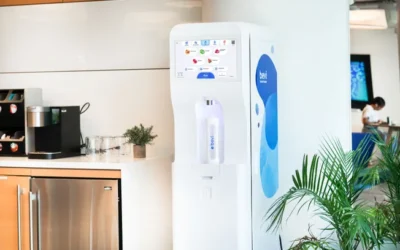Kansas City native Jami Owens seemed almost destined for her role as CFO and head of human resources at the Kansas City Area Development Council (KCADC). It started when she followed her accountant father’s lead by getting both undergrad and graduate accounting degrees.
But her family’s influence extended far beyond Owens’s propensity for working with numbers. She was also raised to give back to the community, so working at one of the region’s most important boosters was a natural fit.
In addition, before joining the KCADC in the dual leadership role, Owens expanded beyond providing nonprofit auditing services at financial consulting firm CBIZ Advisory Services to take on staff training and development roles. After working eight years there, she joined client KCADC as CFO and head of human resources for the 25-person organization in 2017.

Jami Owens
CFO and head of human resources, Kansas City Area Development Council
- First CFO position: 2017
- Notable previous employers:
- CBIZ Advisory Services
This interview has been edited for brevity and clarity.
SANDRA BECKWITH: Why did you leave a much larger organization offering opportunities for a wider range of professional experiences to join KCADC?
JAMI OWENS: One could think that leaving a larger organization would limit my potential for growth, but in my current role, I almost feel like I have more opportunities for growth on both the finance and people sides.
Because KCADC is a membership-based organization with almost 350 corporate partners in 18 counties across two states, I work with a wide range of C-level executives. I probably wouldn’t have those connections or opportunities in a public accounting role.
At the same time, I was raised in a very civic-minded household. We were encouraged to volunteer and find ways to give back. I knew that if I was going to leave public accounting, it would need to be for an organization that’s focused on community.
Your organization’s role is to attract development to the region. Does it add nuance to your CFO role that might not exist in another type of business?
OWENS: I think there’s a uniqueness to the job here that I wouldn’t get anywhere else. For example, I’ve had a few unusual opportunities that include helping to plan the FIFA World Cup 2026 events in Kansas City.
In addition, because of my contracts background as an accountant, I was privileged to help lead the team that drew up the contract that brought international air service to the region through Icelandair. That was especially rewarding when I started seeing those planes fly overhead.
How does your consulting firm background affect how you do your job at KCADC, and how might it differ from someone who came to the CFO role with a different background?
OWENS: At CBIZ, I had a significant number of nonprofit audit clients. That experience taught me nonprofit industry best practices. I brought that knowledge to KCADC along with people management and presentation skills, nonprofit operational best practices, and a deep understanding of nonprofit financial forecasting and strategic planning.
I also have a history of giving back. In this specific role, if you’re not a CFO who cares about community, I don’t think you would have the success that I’ve enjoyed here.
Was becoming CFO always your career goal?
OWENS: “Not exactly” is putting it politely. My dad was a controller — controller and CFO are sometimes used interchangeably — so I knew it wasn’t always an easy job. I thought I’d never want to do that. I also was happy at CBIZ and not looking to make a career change.
But, coming here, to an organization that was one of my CBIZ audit clients, was a one-in-a-million opportunity for me. When the KCADC CFO was ready to retire and said she thought I’d be a good fit for the role, I was surprised but open to it. I knew the organization and the team, and loved how there’s always a buzz and excitement in the offices here about what’s going on in the region.
What advice would you give to others in finance hoping to become CFOs?
OWENS: Change is our only constant. That’s especially true in the finance world, where a lot of people don’t love change. Take that calculated risk and find a way to advocate for yourself. With each choice we make, we shape our future.
Looking back on your entire career, what “aha” has had a significant impact?
OWENS: There are very specific moments in all our lives that shape how we choose to lead. Very early in my career, I experienced a level of kindness and empathy from my colleagues during what was the most defining and challenging moment in my life: My husband died by suicide when I was 27.
It truly was the start of a series of events that have strengthened and reshaped me to who I am. And at that time, my boss said to me — and while I don’t remember a lot from that time, I clearly remember this: “Take all the time you need. We’ve got you.”
In that moment and the months that followed, I learned so much about empathetic leadership and how even one empathetic leader can help shape a culture at a company. It’s how I lead today.





